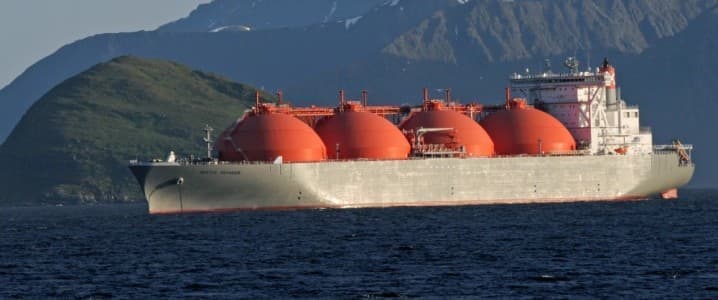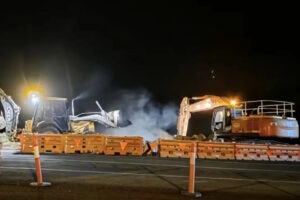
Recent meetings between U.S. and European firms with Iraq’s leadership signal a significant shift in the country’s energy landscape, particularly in the liquefied natural gas (LNG) sector. Following the onset of the Ukraine conflict in 2022, the demand for LNG has surged, as it offers a rapid and flexible energy solution compared to traditional pipelined gas and oil.
While Iraq has not historically developed an LNG sector, plans are underway to establish its first LNG import terminal at Khor Al-Zubair port. Additionally, a second offshore LNG terminal is projected for Faw port. Major Western oil and gas companies, including ExxonMobil, Chevron, Shell, BP, and TotalEnergies, are either re-entering or expanding their operations in Iraq, reflecting a renewed interest in this untapped market.
Strategic Motivations Behind the Engagement
One underlying motive for this renewed engagement is the strategic aim to diminish Iran‘s influence in Iraq. Iran has maintained a significant foothold through extensive political, economic, and military ties, particularly in energy. For years, up to 40% of Iraq’s power supplies have relied on Iranian gas and electricity. This relationship has allowed Iran to bypass international sanctions by rebranding Iraqi oil as Iranian oil, leveraging the shared oil reservoirs along the border.
Washington has intensified its sanctions against this collaboration since Donald Trump‘s presidency, aiming to undermine Iran’s economic stability. The U.S. has positioned itself to not only invest heavily in Iraq’s energy infrastructure but also to become a primary supplier of LNG. This strategy is aligned with Trump’s broader vision of ensuring that countries benefiting from U.S. investments increase imports of American energy.
In this context, the U.S. has been vocal about encouraging European nations to reduce their dependence on Russian energy. Following Trump’s statements regarding NATO commitments, the European Union pledged to purchase USD 750 billion worth of U.S. energy over the next three years, reinforcing America’s position in global energy markets.
The Broader Geopolitical Landscape
The implications of these developments extend beyond Iraq. The U.S. aims to curtail both Iran’s and Russia’s influence in the region, particularly as Russia’s gas and oil revenues are critical to its military operations, including the war in Ukraine. Russian President Vladimir Putin has emphasized the importance of LNG from the Arctic as a cornerstone for future energy growth, highlighting the strategic significance of this resource.
Russia’s extensive interests in Iraq, particularly in low-cost oil extraction, further complicate the geopolitical dynamics. The U.S. strategy seeks to disrupt this by targeting Russia’s LNG industry, which has benefited from the current energy crisis. This competition not only affects energy markets but also impacts the political landscape within Iraq, where Moscow has historically supported the central government, while the Kurdistan Region aligns more closely with U.S. interests.
As Iraq moves forward with its LNG ambitions, the outcomes of these engagements will shape the future of its energy sector and its geopolitical alliances. The ongoing negotiations reflect a complex interplay of investment, influence, and regional power dynamics that will continue to evolve in the coming years.







